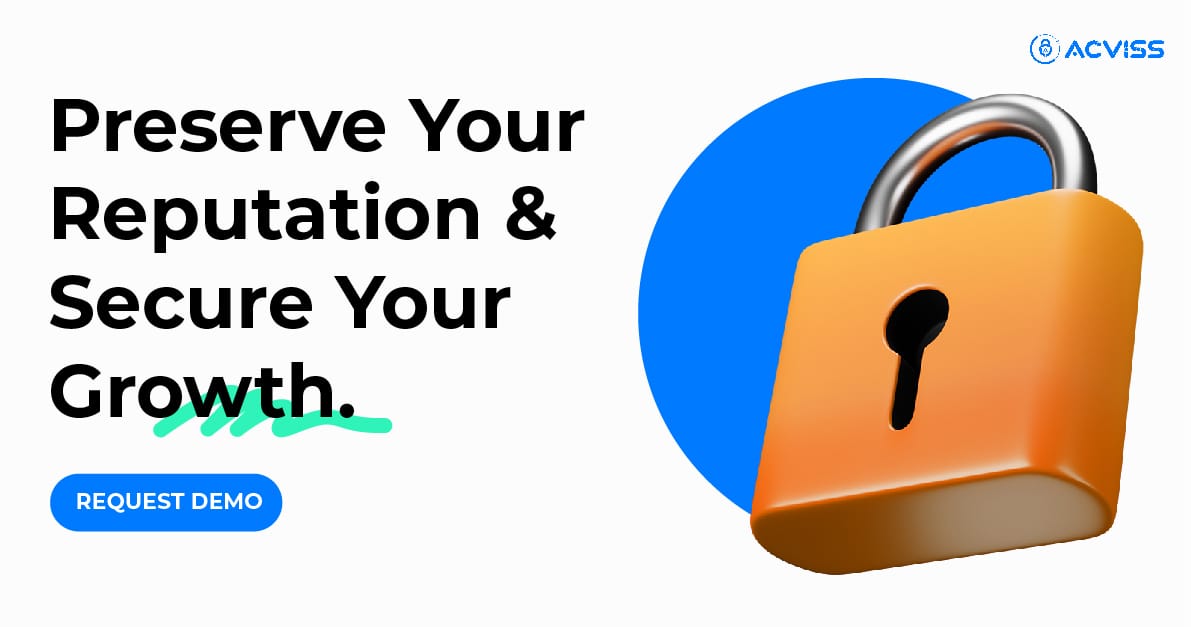From Africa to Europe: How to Guarantee High-Quality Goods are Exported
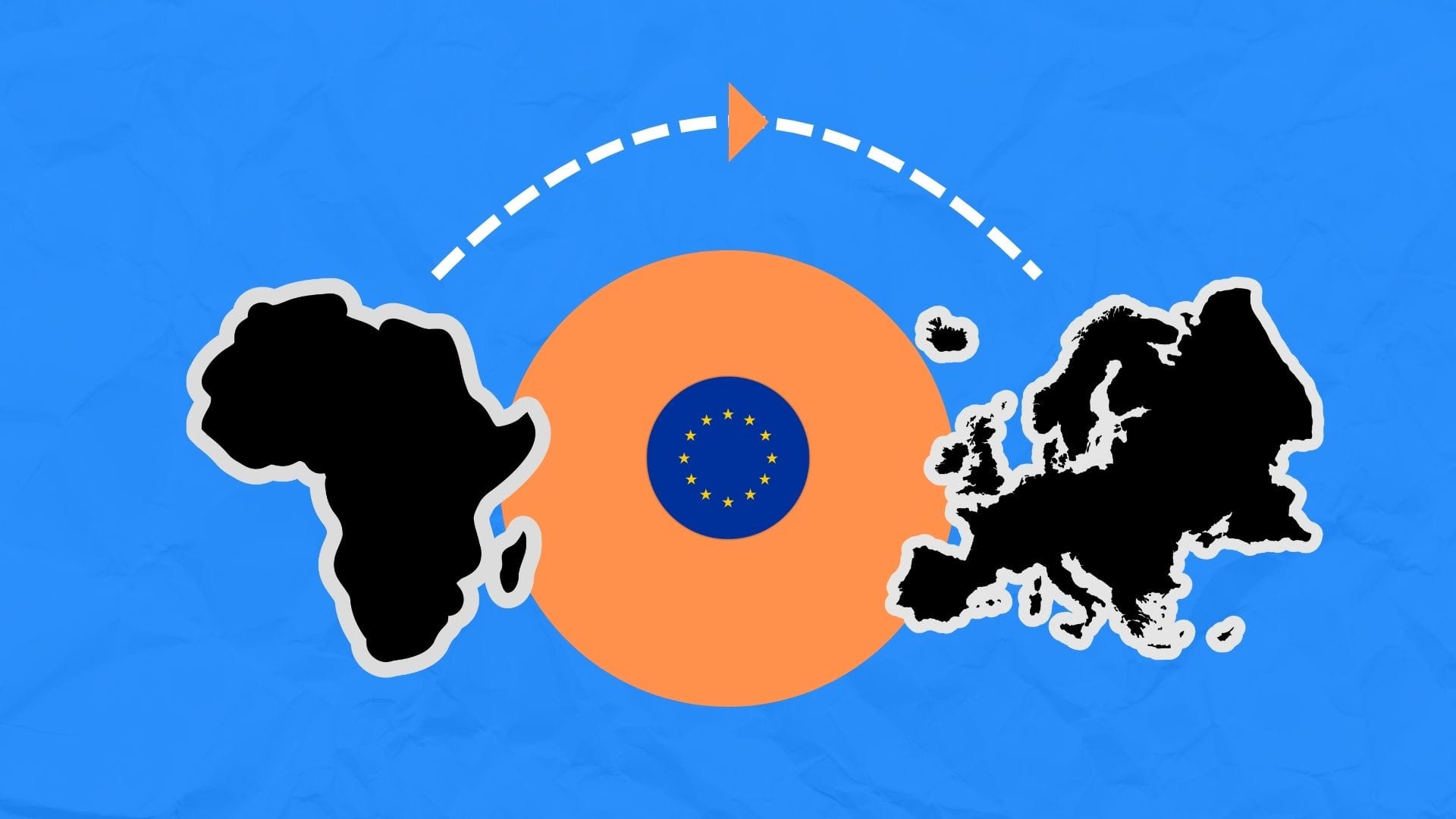
In recent years, European imports from Africa have surpassed €80 billion. This shows the growing demand for African products across various sectors. From coffee, cocoa, and minerals to oil and agricultural goods, Africa plays a vital role in supplying Europe with essential commodities. However, as demand grows, so does the need to ensure that these imports meet the quality standards.
This growing relationship is not just about trade volumes. Maintaining high-quality imports is equally important for building consumer trust and complying with European Union regulations. Particularly with the introduction of the European Union Deforestation Regulation (EUDR), African exporters must meet stringent quality and sustainability criteria to access the European market.
Quality assurance in exports has become a necessity for African producers not only to remain competitive but also to meet European consumers' rising expectations for sustainability and ethical sourcing.
Before we talk about ensuring high-quality goods are coming from Africa to Europe, let’s rub off some common facts about Africa-Europe trade.
Key African Exporting Countries to Europe
Several African countries play a critical role in exporting goods to Europe, each offering unique products that meet the continent’s diverse needs:
- South Africa: Known for its rich mineral resources, South Africa exports minerals, wine, citrus fruits, and automotive parts to Europe, contributing significantly to trade volumes.
- Kenya: Famous for its flourishing agricultural sector, Kenya is a leading exporter of flowers, tea, and coffee to European markets, particularly in countries like the UK and the Netherlands.
- Nigeria: Africa’s largest economy, Nigeria, is a major exporter of oil and agricultural products like sesame seeds and cashew nuts to Europe.
- Egypt: Egypt supplies Europe with a wide range of goods, including textiles, fruits, and vegetables, serving as a key agricultural hub for fresh produce.
- Morocco: Renowned for its exports of phosphates, Morocco also sends textiles and citrus fruits to Europe, strengthening its position as a key trading partner.
These countries are pivotal in maintaining Europe’s supply chain for essential commodities, with each nation bringing its own strengths and resources to the table.
Other African Countries Contributing to European Markets
While the major African exporters often steal the spotlight, several lesser-known countries also play a significant role in supplying goods to European markets. These nations contribute a diverse range of products, enriching the trade landscape:
- Ghana: Renowned for its cocoa production, Ghana is one of the world’s leading suppliers of this cherished commodity. Additionally, the country exports gold and oil, making it a vital player in the European market.
- Madagascar: Famous for its unique biodiversity, Madagascar is a significant exporter of vanilla, coffee, and various spices. These products are not only sought after for their quality but also for their contribution to culinary diversity in Europe.
- Tanzania: This East African nation is known for its coffee, tea, and gemstones. Tanzanian coffee, in particular, is prized for its distinct flavours and is a favourite among European consumers.
- Ethiopia: With a rich agricultural heritage, Ethiopia exports coffee, pulses, and gemstones. Ethiopian coffee, often regarded as some of the finest in the world, has gained a dedicated following in Europe.
- South Sudan: Although a newer player in the export scene, South Sudan contributes oil and sesame seeds to the European market, showcasing the potential of its natural resources.
- Cameroon: Known for its cocoa, coffee, and timber, Cameroon’s exports help meet Europe’s demand for high-quality agricultural and raw materials.
These countries, while not always in the spotlight, significantly contribute to Europe’s diverse import needs, showcasing Africa’s rich resources and potential for growth in international trade.
Key Challenges in Importing from Africa to Europe
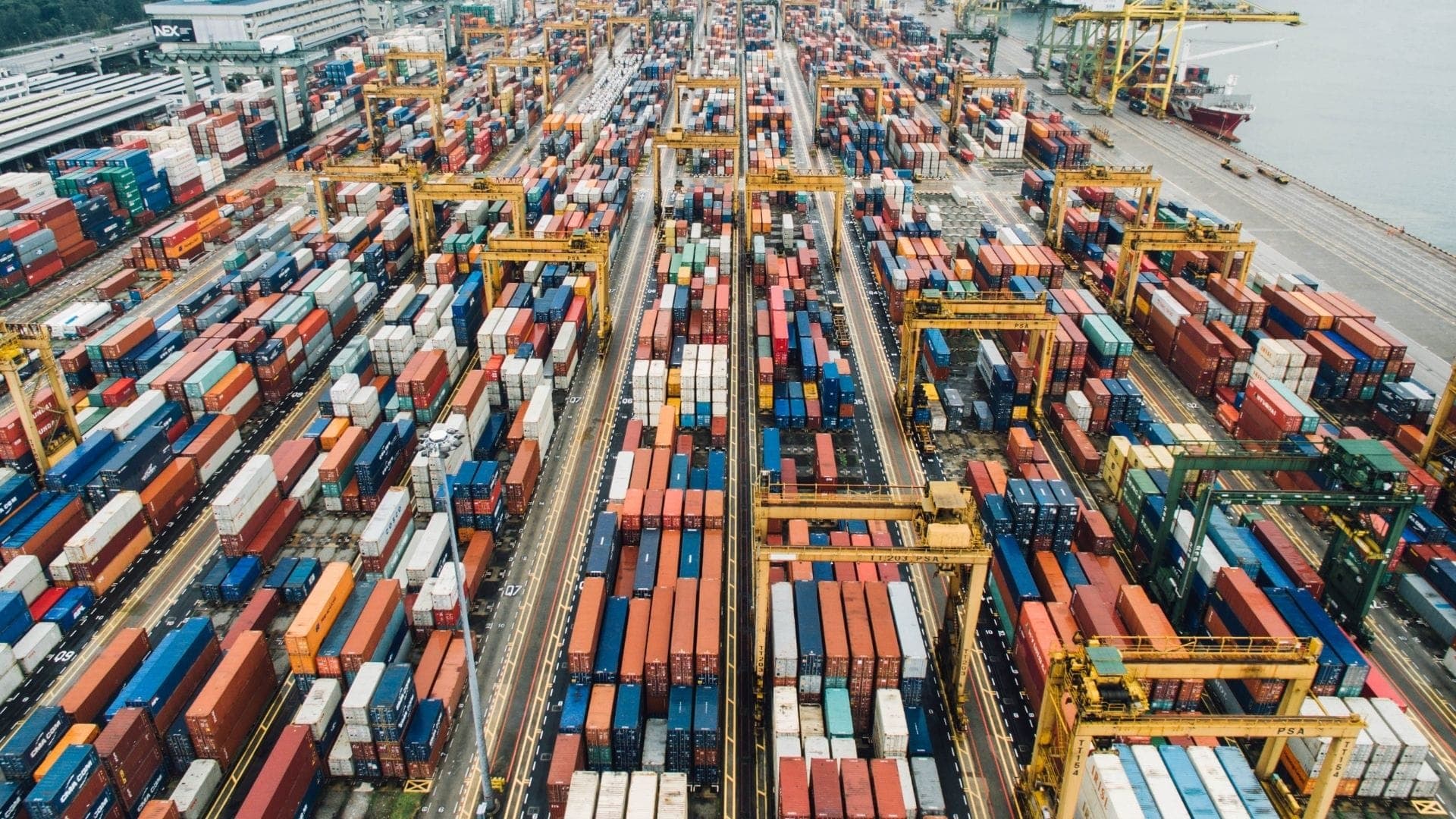
Importing goods from Africa to Europe offers exciting opportunities but also comes with a set of challenges that importers must navigate to ensure high-quality products. Here are some key issues they face:
1. Counterfeit Goods: One of the most pressing concerns is the risk of encountering counterfeit products, especially in markets like coffee and cocoa. Such fraudulent goods not only undermine consumer trust but can also damage the reputation of genuine producers. Importers must remain vigilant and work with trusted suppliers to mitigate this risk.
2. Supply Chain Complexity: Ensuring the traceability of goods from production to shipment is a daunting task, particularly given the often intricate supply chains involved. The lack of transparency in the supply chain can lead to difficulties in verifying the origin of products, which is crucial for maintaining quality standards and adhering to consumer demands for ethically sourced goods.
3. Inconsistent Quality: Quality control poses significant challenges, particularly with perishable items such as fruits, meats, and flowers. Variability in climate, production methods, and handling can result in inconsistent quality levels, making it imperative for importers to implement stringent quality assurance processes and establish clear standards with their suppliers.
4. Regulatory Compliance: Navigating the regulatory landscape is another hurdle importers must overcome. Adhering to the European Union Deforestation Regulation (EUDR) is critical, as it requires that imports do not contribute to deforestation or environmental degradation. This compliance not only necessitates thorough documentation and due diligence but also involves keeping abreast of evolving regulations and standards.
Solutions for Ensuring High-Quality Goods
To navigate the challenges of importing high-quality goods from Africa to Europe, importers can adopt several practical strategies that focus on collaboration, oversight, and technological integration. Here are some effective solutions:
1. Collaborating with Reliable Suppliers: Establishing long-term relationships with trustworthy suppliers is paramount. Importers should take the time to vet potential partners, ensuring they adhere to local regulations and meet European quality standards. Fostering a collaborative approach can work towards common goals, such as improving product quality and adhering to sustainable practices.
2. Regular Quality Checks and Inspections: Conducting periodic audits and inspections is vital to verifying that products consistently meet European standards. Importers can implement quality assurance protocols that involve testing batches before shipment and performing random inspections. This proactive approach helps identify issues early on, allowing for corrective actions before goods reach the European market.
3. Leveraging Technology for Transparency: The integration of technology can significantly enhance the transparency of the supply chain, allowing for better quality assurance. Here are a couple of key technological advancements:
- Blockchain: Utilising blockchain technology can help track products from origin to destination, ensuring authenticity and transparency throughout the supply chain. This tamper-proof system allows all stakeholders to access real-time data, providing confidence in the product's journey and its compliance with quality standards.
- Track-and-Trace Systems: Implementing real-time tracking systems enables importers to monitor the movement of goods closely. These systems can quickly highlight any discrepancies or issues during transportation, allowing importers to resolve problems swiftly and maintain quality control.
4. Certifications and Third-Party Inspections: Relying on third-party certifications such as ISO, Fairtrade, or Rainforest Alliance can offer additional assurance of product quality. These certifications involve rigorous assessments and standards, helping importers ensure that the goods they receive meet specific criteria. Collaborating with certified suppliers can also enhance the credibility of the importer's offerings in the European market.
These measures not only safeguard the integrity of the products but also contribute to a sustainable and ethical trading relationship between Africa and Europe. As African exports increasingly find their way into the European market, compliance with regulations becomes crucial. One of the most significant regulations impacting trade is the European Union Deforestation Regulation (EUDR), which aims to combat deforestation linked to imports.
Ensuring Compliance with European Union Deforestation Regulation (EUDR)
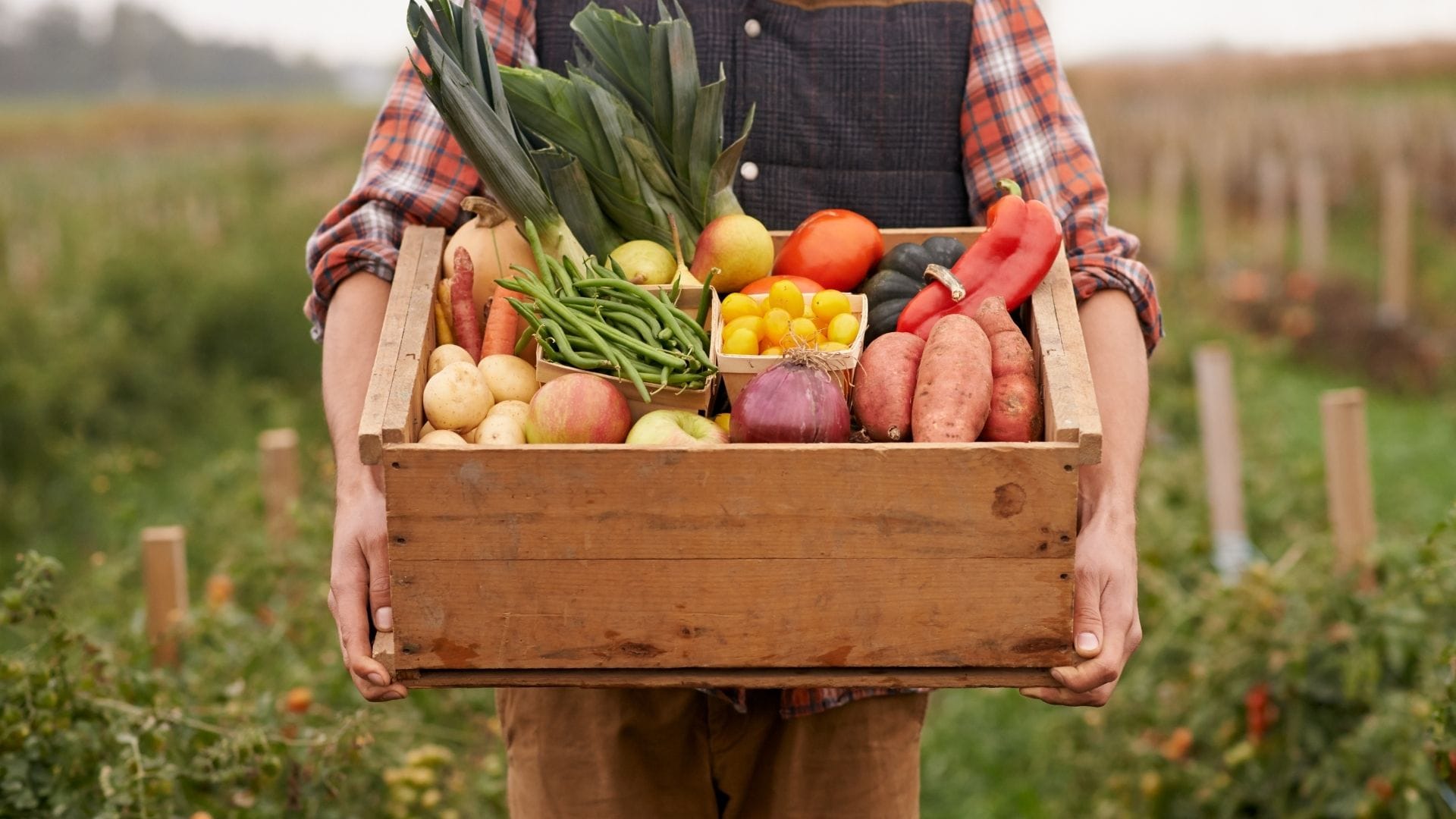
Here's how importers can ensure that their goods meet EUDR requirements.
1. Introduction to EUDR
The EUDR is designed to prevent the importation of products that contribute to deforestation or forest degradation. This regulation focuses primarily on agricultural products like coffee, soy, and palm oil, which have been identified as major drivers of deforestation. The overarching goal is to ensure that any product entering the EU has not contributed to environmental harm, aligning with the EU’s commitment to sustainability.
2. Risk Assessment
A fundamental aspect of complying with the EUDR is conducting thorough risk assessments on suppliers. Importers must evaluate their supply chains to identify potential risks associated with deforestation. This includes assessing the sourcing regions, farming practices, and the overall environmental impact of the products. By understanding these risks, importers can take proactive steps to mitigate them and ensure that their suppliers align with EUDR standards.
3. Traceability and Documentation
Compliance with the EUDR requires a clear and documented path of the goods from farm to table. Importers must maintain comprehensive records that include details on where and how products were sourced. This documentation must also demonstrate due diligence, showcasing the steps taken to ensure that products do not come from deforested or degraded land. Clear traceability helps to build consumer trust and assures regulators that importers are adhering to sustainability standards.
4. Technology Solutions
Technology plays a pivotal role in demonstrating compliance with EUDR requirements. Systems like blockchain and advanced supply chain management platforms can enhance traceability and accountability. Blockchain provides an immutable record of transactions, allowing stakeholders to verify the journey of products from origin to destination. This transparency can significantly improve compliance efforts, making it easier for importers to showcase their commitment to sustainability and adherence to EUDR.
Role of Sustainability and Ethical Sourcing
As the European market evolves, sustainability and ethical sourcing have taken centre stage, shaping consumer preferences and trade dynamics. This shift presents both challenges and opportunities for African exporters looking to thrive in this competitive environment.
1. Growing European Consumer Demand
European consumers are increasingly prioritising sustainably sourced products, driven by a heightened awareness of environmental issues and social responsibility. This shift in consumer behaviour has led to a growing demand for goods that adhere to sustainable practices.
For instance, products bearing organic or Fairtrade certifications are becoming more popular, as they align with consumers’ values regarding health, environment, and ethical consumption. The European Green Deal further supports this trend by promoting responsible consumption and sustainable agricultural practices, urging consumers to appreciate the benefits of organic foods.
2. Ethical Sourcing of Coffee, Cocoa, and Minerals
For African exporters, ensuring ethical sourcing is crucial, particularly for high-demand commodities like coffee, cocoa, and minerals. This involves adopting fair labour practices that respect workers’ rights and ensure fair wages. Additionally, exporters must consider environmental sustainability, focusing on agricultural methods that do not harm local ecosystems. By prioritising ethical sourcing, African countries can build stronger relationships with European buyers who are increasingly scrutinising the social and environmental impact of their purchases.
3. Certifications to Watch
Various certifications have emerged as essential benchmarks for sustainable and ethical sourcing, and they are becoming increasingly important for African exporters. Notable certifications include:
- Fairtrade: This certification supports fair prices and ethical treatment for farmers and workers, making it especially relevant for products like cocoa and coffee.
- Rainforest Alliance: Commonly associated with cocoa, this certification ensures that farms adhere to environmental sustainability practices while improving farmers' livelihoods.
- Organic Certification: This certification verifies that products meet specific organic standards, appealing to consumers who prioritise health and sustainability.
Building Trust with African Exporters
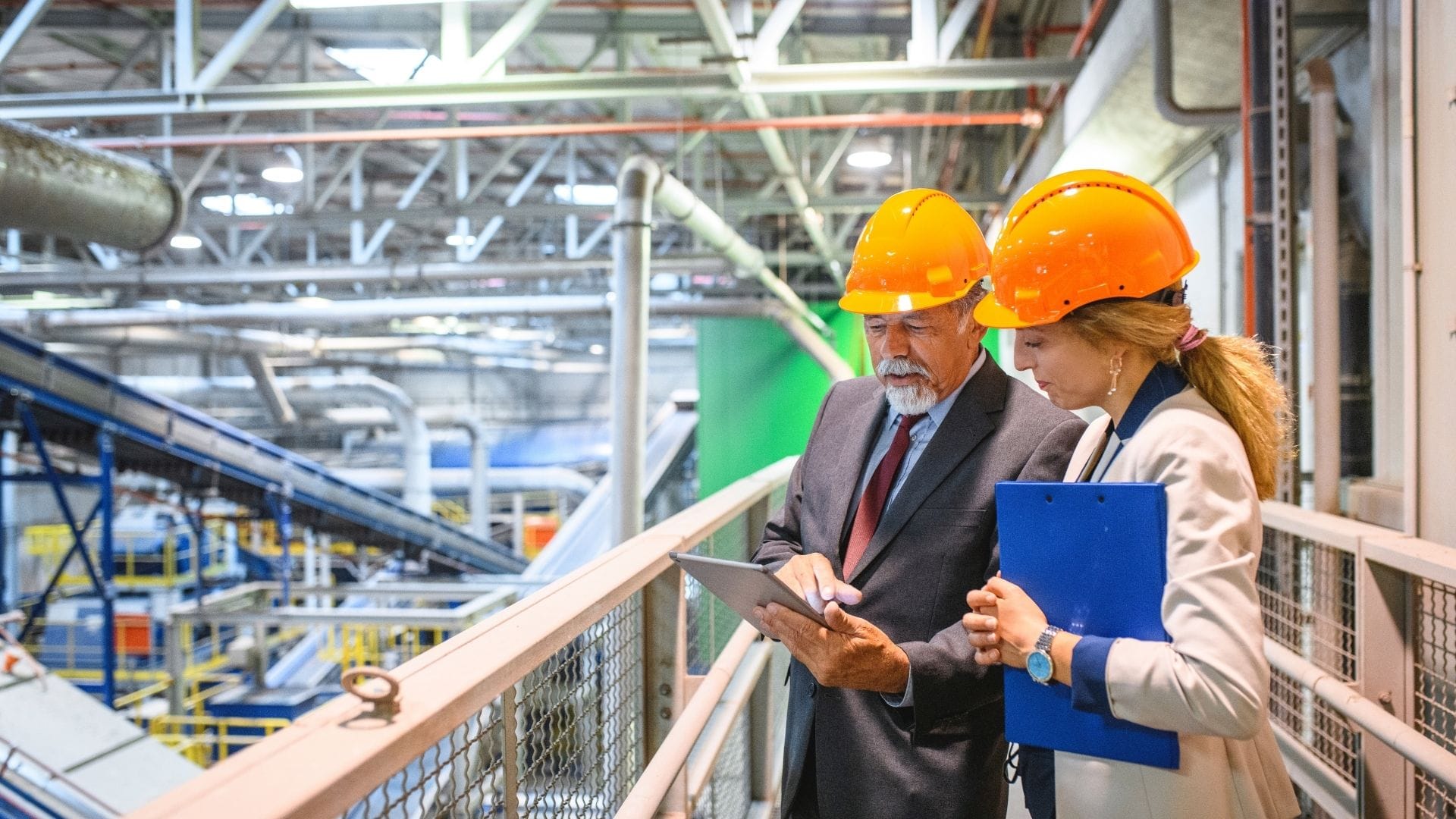
In the world of international trade, trust is one of the important factors for a successful partnership, particularly when it comes to ensuring quality products from Africa. As African exporters strive to meet European standards, establishing and maintaining trust can lead to long-term relationships that benefit both parties.
1. Supplier Audits and Inspections: One of the most effective ways to build trust is through regular audits and inspections of suppliers. These audits help assess compliance with international quality standards and provide valuable insights into the production processes. By proactively addressing any issues identified during these evaluations, importers can ensure that the products they receive consistently meet quality expectations. This not only reinforces trust but also helps foster a culture of accountability among suppliers.
2. Transparency in Communication: Clear and open communication is essential for aligning expectations between importers and exporters. Importers should share their specific quality requirements, certifications needed, and any compliance standards that must be met. Likewise, exporters should communicate their capabilities, production timelines, and any potential challenges they might face. This transparency can prevent misunderstandings and build a foundation of trust, ensuring both parties are on the same page.
3. Utilising Third-Party Verification: To further enhance trust, importers can leverage third-party verification services. Independent agencies can assess and verify product quality, providing unbiased reports before goods are shipped. This not only reassures importers about the quality of their purchases but also demonstrates to African exporters the importance of maintaining high standards. Third-party verification can serve as a crucial trust signal in the business relationship, enhancing confidence in the products being exchanged.
4. Strengthening Relationships with On-Site Visits: While technology facilitates communication, there’s no substitute for personal interaction. On-site visits to suppliers can significantly strengthen relationships and provide opportunities to address potential quality issues directly. By engaging face-to-face, importers can gain a deeper understanding of the production processes and the challenges suppliers may face. These visits also allow for a more genuine exchange of ideas and foster a sense of partnership, reinforcing the commitment to quality and compliance.
Future Trends in African Exports to Europe
As we look to the future, several emerging trends can be anticipated between Africa and Europe. Understanding these trends can help importers navigate the evolving market dynamics and seize new growth opportunities.
- Increase in Organic and Sustainable Goods: With rising environmental awareness among consumers, there is a growing demand for organic and sustainably produced goods in Europe. African countries that prioritise sustainable farming practices and organic certification are likely to benefit from this trend. For instance, products like organic coffee, cocoa, and fruits are expected to see increased exports as European consumers seek healthier and environmentally friendly options. This shift not only aligns with consumer preferences but also supports Africa's sustainable development goals.
- Technology Integration in Supply Chains: The future of African exports will increasingly rely on the integration of advanced technologies. Tools such as blockchain, artificial intelligence (AI), and the Internet of Things (IoT) are revolutionising supply chain management. These technologies enhance transparency and efficiency, allowing importers to track products from farm to table in real-time. Acviss is one of the leading players in this sector.
For example, blockchain can provide immutable records of a product’s journey, ensuring traceability and compliance with EUDR standards. As more African exporters adopt these technologies, they will be better positioned to meet the demands of the European market.
- Growth in New Markets: Alongside established products, there is a burgeoning interest in niche markets for unique African goods. Products such as Ethiopian coffee, known for its distinct flavours, or Madagascar vanilla, prized for its quality, are gaining traction among European consumers. As awareness of these speciality products increases, so too will the opportunities for African exporters to expand their reach. Fostering connections between niche producers and European importers can drive growth in these emerging markets.
Wrapping Up
The trade relationship between Africa and Europe is very promising. However, to ensure the quality of these imports, trust and compliance in the European market are needed. Importers should prioritise the use of technology to enhance transparency and efficiency in their supply chains, collaborate with trusted suppliers who meet regulatory standards, and adhere to compliance measures like the European Union Deforestation Regulation (EUDR). These practices will not only safeguard product quality but also contribute to the sustainability and ethical sourcing that European consumers increasingly demand.
The future of Africa-Europe trade lies in a commitment to sustainability, transparency, and ethical practices. Learn more about EUDR and getting your supply chain transparent and secure. Get in touch with us and join the ranks of global leaders in building a sustainable and safe supply chain today.
